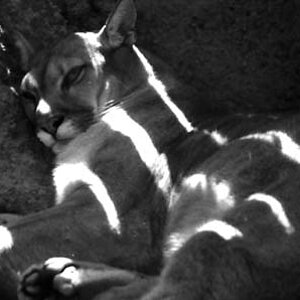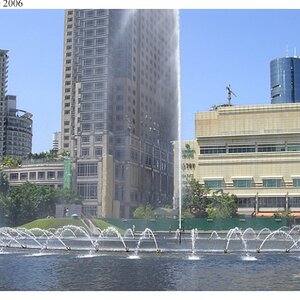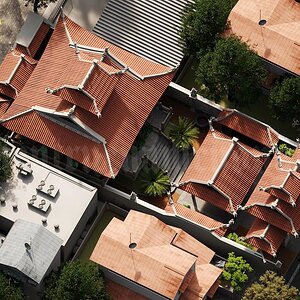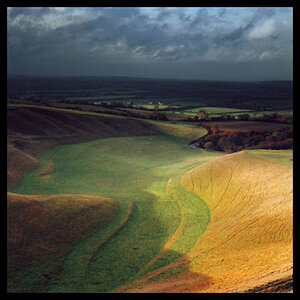jcdeboever
Been spending a lot of time on here!
- Joined
- Sep 5, 2015
- Messages
- 19,868
- Reaction score
- 16,081
- Location
- Michigan
- Can others edit my Photos
- Photos OK to edit
I am looking for suggestions on methods of slowing things down. I did a shoot today but there were 10 people but 4 or 5 were being photographed. I suddenly became confused as I am a slow shooter. There was a great deal of commotion, I got caught up in that and forgot my mono approach. I pulled it off but it bothered me that I couldn't react in a reasonable manner.


![[No title]](/data/xfmg/thumbnail/36/36300-760519cb9a8ebbfc57cc3d1fda5dd37c.jpg?1619737494)
![[No title]](/data/xfmg/thumbnail/31/31752-fcbc5aa4a94154b9c273592aa37b8b1e.jpg?1619734991)

![[No title]](/data/xfmg/thumbnail/30/30870-c7febc7c14dc6447653c2ae2355ffc61.jpg?1619734488)







